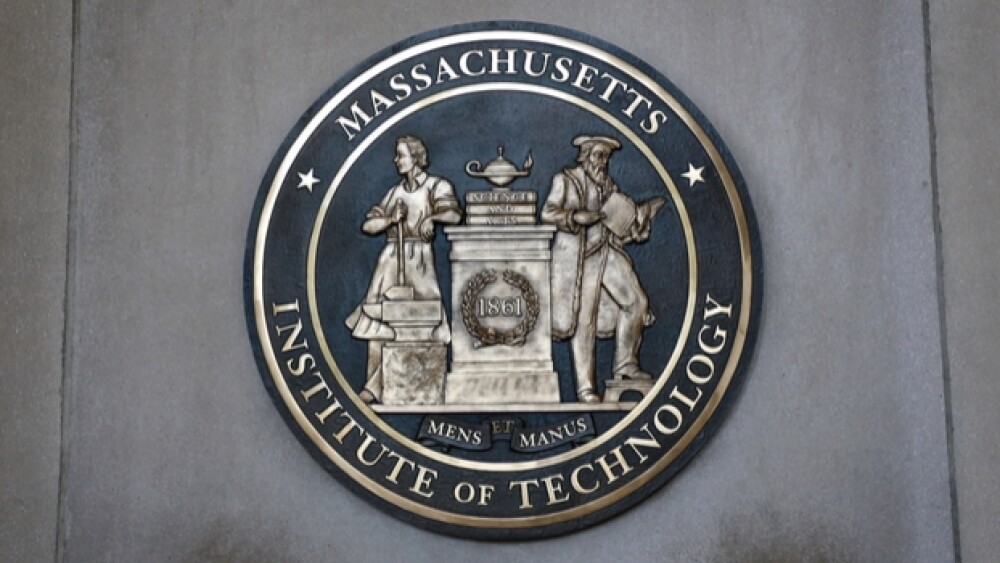A paper published by Tillman Gerngross, chief executive officer of Adimab LLC, alleged that an MIT professor’s work was nearly identical to work published several years before his.
Mike Dotta / Shutterstock
In March 2023, MIT cleared Ram Sasisekharan of misconduct allegations following a 3.5-year investigation. Dartmouth College professor Tillman Gerngross told STAT News that he and his colleagues stand by their allegations, though Sasisekharan’s other accusers did not respond to STAT’s requests for comment.
Original story posted May 23, 2019:
MIT Professor Passed Off the Work of Others as His Own, Paper Claims
A professor at the Massachusetts Institute of Technology (MIT) has been accused of passing off the works of others as his own. Ram Sasisekharan became known for his ideas on the use of algorithms and computer models in the pursuit of new and better antibody therapies. However, there are claims that those ideas belonged to someone else.
The promise of the research Sasisekharan put forward was so compelling that several companies were launched with that idea in mind. This week, STAT News reported that Sasisekharan’s research resembles that which had been described by other labs. According to the report, the integrity and veracity of Sasisekharan’s research are now in question. One person making the claim about Sasisekharan’s research is Tillman Gerngross, chief executive officer of New Hampshire-based Adimab LLC. Gerngross is the co-author of a paper that is casting doubts on Sasisekharan’s research, STAT reported.
Gerngross’ paper, which was published this week in the journal mAbs, identifies two cases where Sasisekharan’s research shows “striking similarities” to the work of others, according to the report. The research in question involves antibodies for influenza and the mosquito-borne Zika virus. The research published by Sasisekharan in these areas is nearly identical to work published in 2015 and 2016, STAT reported, citing Gerngross.
Sasisekharan has denied the allegations raised in the Gerngross paper. He told STAT that there are “fundamental differences” between his Zika antibody and the one referenced in the 2016 paper. Regarding the flu virus, Sasisekharan said that the virus was designed by Visterra, a company he co-founded and not by Sasisekharan himself, STAT reported. In 2017, Visterra was acquired by Japan-based Otsuka Pharmaceutical for $430 million. VIS410, a monoclonal antibody for hospitalized patients with influenza A, was one of the centerpieces of the deal.
MIT said its policy is to not comment on these kinds of matters. It said there are confidential processes in place to assess any concerns raised. The school added that “research integrity at MIT is paramount.”
Sasisekharan is certainly not the first professor to be accused of misdeeds. Last year, Harvard Medical School and Brigham and Women’s Hospital were forced to retract 31 articles from various journals over concerns of falsified claims. The concerns regarded the papers of Piero Anversa, a pioneer in cardiac research. The retraction occurred after the two prestigious institutes agreed to pay a $10 million settlement over allegations of research misconduct involving Anversa and members of his team. The fine was paid due to the fact that Anversa and his team used falsified data to secure funding from the National Institutes of Health (NIH).





